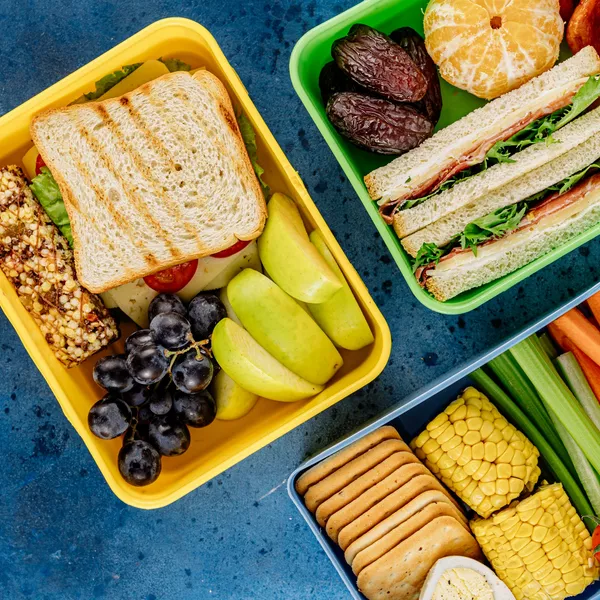There’s at least one in every family – a little (or bigger) person who is always hesitant about trying new things.
Feeding fussy children and toddlers can be exhausting, and there’s always that unanswered question: are they getting enough nutrition?
These fussy behaviours can lead to nutrient deficiencies for some children, and have real, long-term consequences. If you suspect that your child may be struggling, seek the help of a qualified nutrition professional. There are many individualised solutions to help your child eat better long term.
With almost one in five children being overweight or obese1
– a major risk factor for cardiovascular disease – setting your children up with a good foundation of eating fresh, whole foods is one of the best ways you can help care for their current and future health.
Here are seven tips for fussy eaters.








